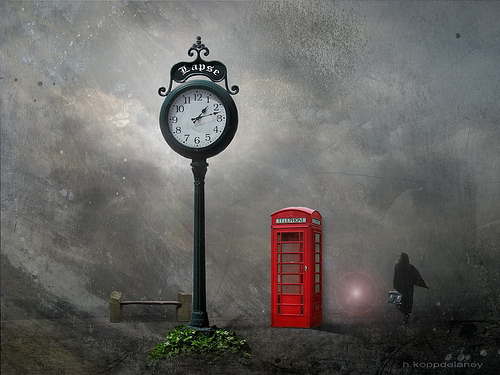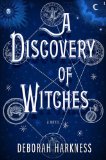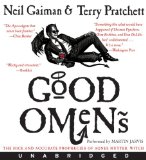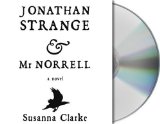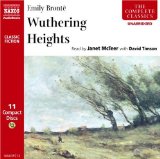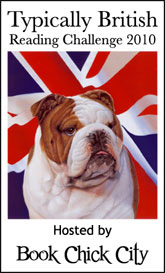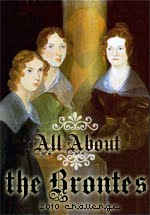This week’s Booking Through Thursday prompt asks
- What do you think of reading aloud/being read to? Does it bring back memories of your childhood? Your children’s childhood?
- Does this affect the way you feel about audio books?
- Do you now have times when you read aloud or are read to?
I have always loved being read aloud to. I contest the notion that being read to is something that should be associated with childhood alone. I love reading to others, and I love hearing others read, particularly wonderful readers like Neil Gaiman or Jim Dale. I suppose that is one reason I do like audio books. Sometimes books are even better when they’re read aloud by an excellent reader. I read to my children, too, and I sometimes read to my students. My husband and I sometimes read each other excerpts of whatever it is we’re reading at the moment. He has a very interesting cadence in his voice when he reads that is simply not there when he is just speaking. I sometimes wish I were a better reader: I have trouble with different voices and the like. Reading the Harry Potter books to my daughters formed some of my happiest memories. If you want to hear a great reader in action, head over to Neil Gaiman’s website for his children’s books and listen to [amazon_link id=”0062081551″ target=”_blank” ]The Graveyard Book[/amazon_link].
photo credit: Michael Casey


